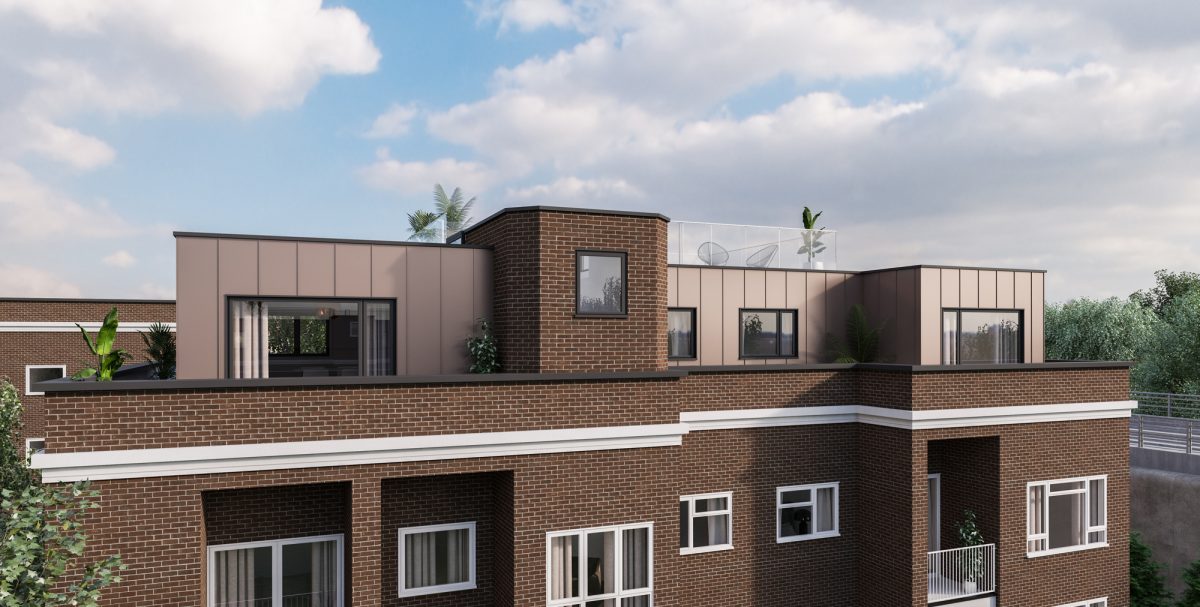
With the votes now counted and the Conservatives in power with a landslide majority, it’s time to move past the politics and focus on delivering more homes across the UK.
Of the plethora of issues our country faces, there’s few that have a more tangible impact on people’s day-to-day lives than housing.
Whether it’s young people looking to get on the housing ladder, families looking to expand their homes or retirees looking to downsize, more needs to be done to increase the available stock and bring fluidity back into the market.
At Apex, we’ve always been clear that airspace development is a credible way of delivering this, in a way that doesn’t require the use of any extra land – nor huge amounts of government subsidy. As we’ve stated many times, London alone has the potential for 180,000 airspace properties.
Before the election, the Ministry of Housing, Communities and Local Government (MHCLG) committed to bringing forward an airspace permitted development right (PDR) to help facilitate this. We need a fresh commitment from the department that it’ll take this PDR forward and bring some much-needed streamlining to the planning process.
We know that PDRs have their critics and that they sometimes haven’t been introduced in the best possible way. That’s why we’ve put forward some suggestions to MHCLG on the best way of implementing it, based on three strands.
The first includes ensuring that any airspace PDR includes minimum levels of affordable housing. The current housing crisis is driven partly by skyrocketing house prices and an airspace PDR shouldn’t aggravate this in any way.
The PDR should also stipulate that planning fees are paid to local authorities. Depriving councils of another stream of funding would do nothing to help other planning applications trying to get through the system.
And, finally, any airspace developments should fit into the local vernacular and follow pre-agreed design guides. PDRs should never be an excuse for ugly and poorly designed buildings.
Aside from PDRs, we’re keen to see the government continue to push the usage of modern methods of construction (MMC). Whether it’s new modular homes or ways of building houses faster and cheaper, we won’t build anywhere near as many properties as we need without harnessing cutting-edge technologies.
Just before the election, MHCLG made a commitment to create a centre of excellence for MMC, with funding from Homes England as part of this. This is a good start, and we look forward to seeing what’s more to come.
While utilising airspace and MMC more effectively won’t shift the dial alone, at Apex we’re convinced that they can be two strong pillars of an overall strategy to build the houses we need in the UK.
Now, our re-elected Conservative government has the task of turning its voters into homeowners, providing homes at affordable prices and at desirable locations.

